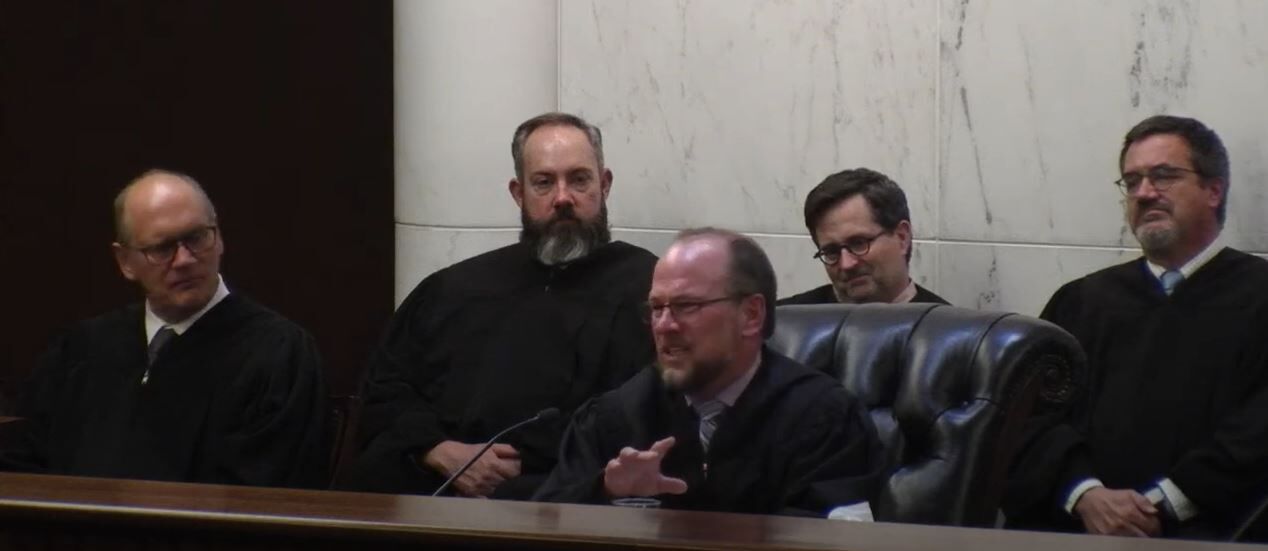Appeals court rules class action lawsuits not dead even when there is no ‘class’

Colorado’s second-highest court clarified on Thursday that lawsuits filed as class actions may still proceed for the individual named plaintiffs in the event a judge declines to authorize the class portion.
A three-judge panel for the Court of Appeals noted the U.S. Supreme Court, for federal cases, has ruled the lack of a class does not terminate an entire class action lawsuit. Instead, plaintiffs may continue to litigate only their own claim.
“These same principles apply here,” wrote Judge Timothy J. Schutz on Feb. 15, addressing the issue for the first time in a precedent-setting decision.
Christopher Thomas filed a class action lawsuit in state court on behalf of himself and those whose alleged injuries were similar to his. Specifically, Thomas claimed a street solicitor for the nonprofit Childhelp asked Thomas for a donation. Thomas donated $10 by credit card, but Childhelp continued to charge him $10 monthly until Thomas canceled his card.
Thomas, representing himself, alleged Childhelp violated the Colorado Consumer Protection Act by deceptively signing him up for recurring donations without Thomas’ consent. He claimed other people were similarly misled and that Childhelp’s executives enriched themselves through donations.
Thomas pursued the relief provided under Colorado law for himself and all other class members: either $500 per person or the actual damages incurred, whichever is greater.
However, Thomas failed to seek a judge’s certification of the class by the deadline. The process requires judges to evaluate certain criteria and determine if a class action is appropriate. In January 2023, Denver District Court Judge A. Bruce Jones sided with Childhelp, citing the “belated evolution” of Thomas’ lawsuit from a class action to an individual claim.
“Plaintiff filed a class action complaint, and only a class action complaint. He did not separately allege an individual claim,” Jones wrote, adding that he was “not condoning Defendant’s fund raising activities, which the record strongly suggests are indeed deceptive.”
Case: Thomas v. Childhelp, Inc.
Decided: February 15, 2024
Jurisdiction: Denver
Ruling: 3-0
Judges: Timothy J. Schutz (author)
Ted C. Tow III
Matthew D. Grove
Thomas turned to the Court of Appeals, arguing his complaint included a claim for the class and a claim for himself that was still viable. Otherwise, Jones could have thrown out the case the day after the deadline for class certification, which he did not.
“Thomas wasted an extraordinary amount of Childhelp’s time and money and the trial court’s resources in litigation,” responded Childhelp’s lawyers, “all over $20. That Thomas would even appeal the trial court’s ruling over $20 is the very definition of frivolous.”
The appellate panel, however, disagreed that the appeal lacked merit.
“A class action claim is made by an individual who alleges that they suffered injuries caused by a defendant’s wrongful conduct, and that other persons similarly situated to the individual have suffered similar injuries,” Schutz explained. “Ultimately, Thomas failed to obtain certification and the class action aspect of his claim fails. But his individual claim for deceptive trade practices remains unadjudicated.”
The panel also disagreed with Jones’ second conclusion that Thomas, having been reimbursed the $20 by his credit card company, had not sustained any damages from Childhelp’s alleged deception. Under Colorado law, Childhelp could still be held liable if Thomas’ reimbursement was the result of a contract with his credit card company.
Because Childhelp had not presented evidence to dispute Thomas’ reimbursement as contract-based – and Jones had not addressed that question in his ruling – the appellate panel determined Thomas’ individual claim was viable.
The case is Thomas v. Childhelp, Inc.














